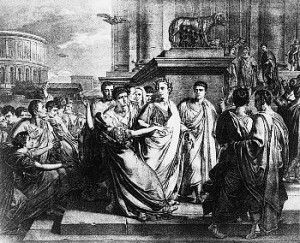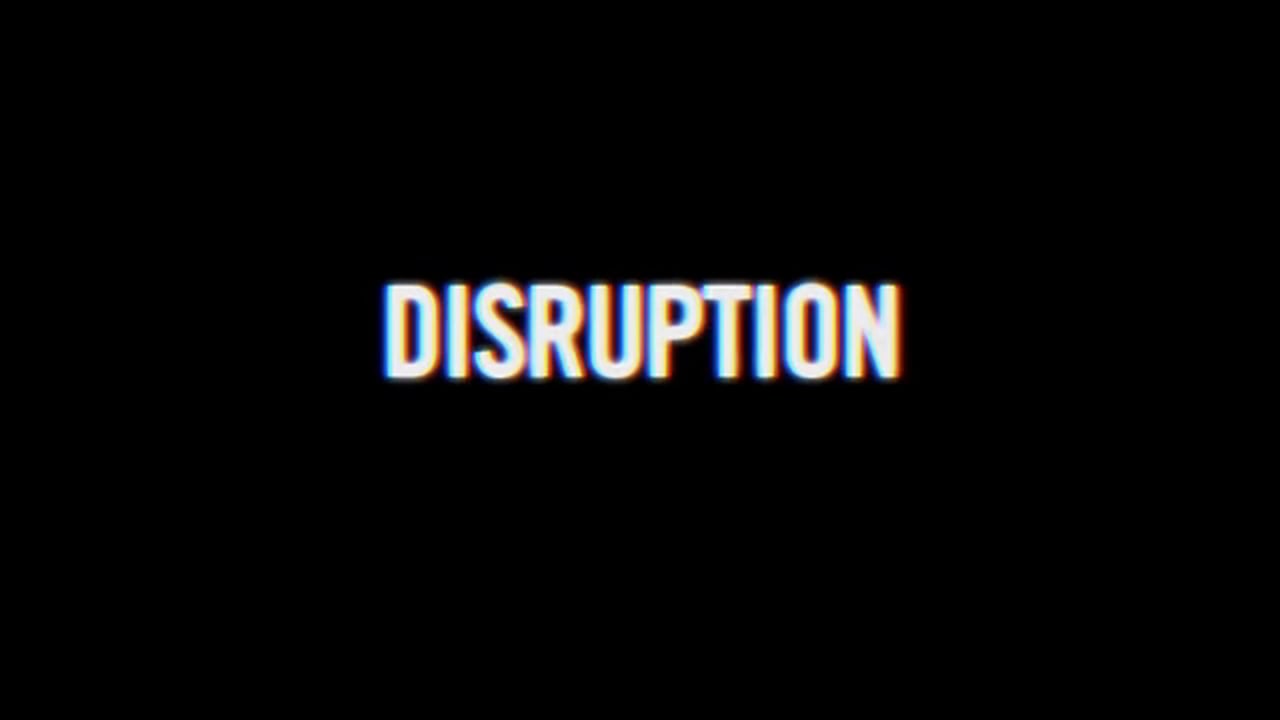So I got a year older last week. Upon some reflection, I’d like to share some life lessons I’ve learned in 28 years of existence. Hope you’ll enjoy. 🙂
- Eat before you go out for a drink with a good friend. Its called being prepared for whatever the night might throw at you.
- Have a hard reset on how you feel about people everyday when you go sleep. Don’t bring negativity into the next day.
- Drink for taste.
- This might sound counter intuitive, but enjoy the dark moments in your life. It will make the bright ones feel even better.
- Sometimes you accidentally burn bridges. Just take the L but don’t lose the lesson.
- You are not immortal. The faster you come to terms with your mortality, the better off you’ll be.
- Eat for taste.
- The size of your audience doesn’t matter. Keep up the good work.
- Bad things happen to good people, and good things happen to bad people. This is life. Life really doesn’t owe you anything so don’t expect karma to work for or against you.
- It’s hard but think ahead of the game. Most people are thinking about how they are going to get through the day. Think about five, ten, twenty years from now and how you’re going to get there.
- Appreciate people when you can. They won’t be around forever
- Sounds pretty cliche but fill your cup before you try to fill the cup of others.
- Get really good at something outside of your profession. I should have never quit the saxophone.
- Stay in your lane. Run your own race.
- Most problems in life can be prevented from communicating expectations early on.
- Your parents are people.
- Your bosses are people.
- You are a person not a machine.
- Give back to those that came before you.
- Fall in love with the process not the outcome.***** (MAJOR KEY ALERT)
- Find a mentor.
- Mentor someone
- Don’t get mad at people that aren’t in your life anymore. People have their seasons.
- Age does not always equal adulthood. I would say adulthood = the amount of responsibilities you take on successfully.
- Try to get better everyday. You’ll be surprised what 365 days of getting better can do.
- Take a walk in another persons shoes every now and then. Just make sure to wear socks.
- Have something that helps you anchor the past. I have a ton of vinyls…it helps me remember the past but also how far we’ve come.
- Call instead of text. It always works out better.





